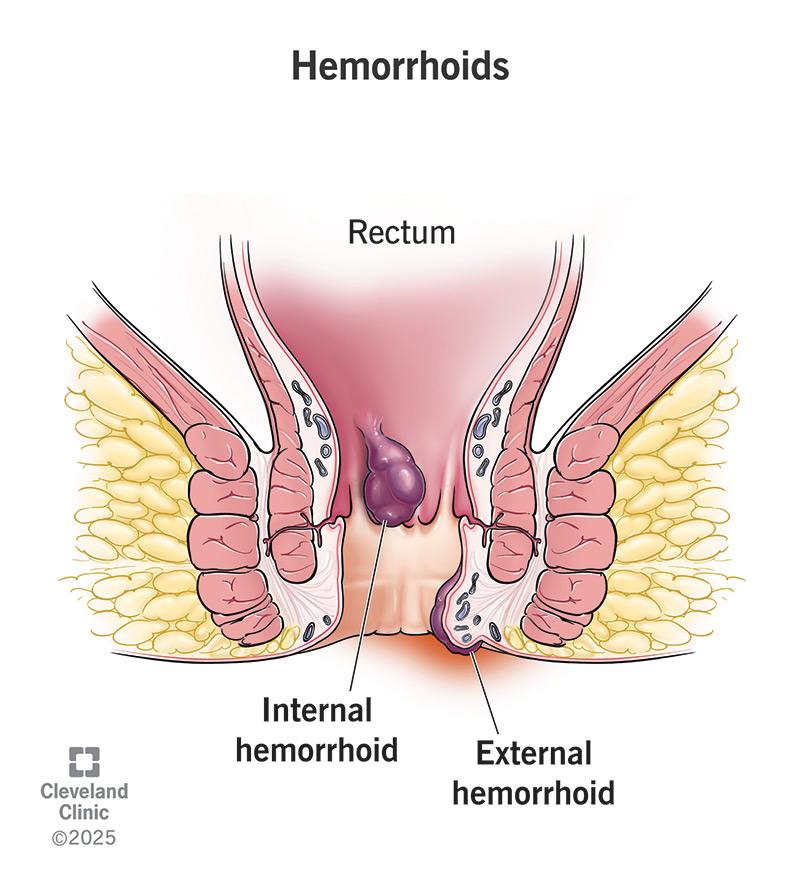Overview of the Darfur Crisis: Escalating Violence and Human Rights Abuses
Recent investigations by Human Rights Watch have unveiled disturbing evidence of widespread atrocities in El Geneina, a city recently overtaken amid the ongoing conflict in Darfur. This region continues to suffer from intense clashes between rival armed factions, leaving countless civilians exposed to brutal violence, forced displacement, and grave human rights violations. The reports highlight systematic killings, pervasive sexual violence-including attacks on vulnerable populations-and targeted ethnic persecution that paint a bleak picture of life under siege. Despite diminishing global focus, urgent calls persist for international intervention to safeguard the rights and lives of Sudanese civilians caught in this relentless turmoil.
Darfur’s Worsening Conflict Fuels a Growing Humanitarian Emergency
The humanitarian situation across Darfur has deteriorated sharply as violent confrontations escalate between competing armed groups. Civilians find themselves trapped amid indiscriminate assaults that have become increasingly frequent and severe. Reports confirm widespread forced evictions from homes alongside rampant looting that further destabilizes already fragile communities. Thousands have been displaced internally or pushed into overcrowded refugee camps where access to food, clean water, and medical care remains critically insufficient-conditions exacerbated by limited humanitarian aid reaching these areas.
According to recent data from relief organizations operating in the region, over 300,000 people have been uprooted since late 2024 alone-a figure expected to rise if hostilities continue unchecked. The scale of human rights abuses is staggering; eyewitnesses recount summary executions used as intimidation tactics and sexual violence employed systematically against women and children as weapons of war. These acts underscore an urgent need for coordinated global efforts aimed at halting further atrocities while delivering lifesaving assistance.
Survivor Narratives Reveal Devastation Following City Capture
Accounts from residents who endured the violent seizure of El Geneina reveal harrowing scenes marked by destruction and fear. Survivors describe neighborhoods reduced to rubble amid chaotic raids involving arbitrary detentions and rampant pillaging by armed militias asserting control over civilian areas. Families report being torn apart-many still searching for missing relatives or fleeing under threat-while essential services such as healthcare facilities collapse under strain.
Beyond physical harm lies profound psychological trauma affecting survivors’ mental health long after immediate dangers subside; many describe living with constant anxiety amidst uncertainty about their future safety or access to basic needs like food security and potable water supplies now severely compromised due to disrupted infrastructure.
Humanitarian agencies face immense challenges delivering aid within active conflict zones but emphasize that without swift international support-including safe passage corridors-the suffering will only deepen for those trapped inside besieged communities.
Critical Measures for Protecting Vulnerable Populations & Advancing Stability
Addressing this escalating crisis demands prompt action from governments, NGOs, regional bodies such as the African Union (AU), and United Nations agencies alike:
- Deployment of robust peacekeeping missions: To provide security guarantees protecting civilians while deterring further aggression.
- Creation of secure humanitarian corridors: Ensuring uninterrupted delivery of vital supplies including food rations, medical kits, clean water systems.
- Targeted sanctions against perpetrators: Holding accountable individuals or groups responsible through travel bans or asset freezes.
In addition:
- Diplomatic engagement fostering inclusive dialogue: Encouraging all factions toward negotiated settlements emphasizing representation across ethnic lines.
- Investment in community-led reconciliation programs: Supporting grassroots initiatives designed to rebuild trust fractured by years of conflict.
- Establishment of independent monitoring mechanisms: Documenting abuses transparently with regular reporting aimed at reinforcing accountability frameworks.
These combined strategies are essential not only for immediate relief but also for laying groundwork toward sustainable peacebuilding efforts within Darfur’s complex socio-political landscape.
Final Thoughts: Upholding Justice Amidst Ongoing Turmoil
The revelations brought forth by Human Rights Watch serve as a stark reminder that without decisive international commitment-both politically and materially-the cycle of violence engulfing Darfur will persist unabated. As thousands endure unimaginable hardships daily amidst one of Africa’s most protracted conflicts-with estimates suggesting over 3 million displaced since 2003-the imperative grows clearer than ever: global actors must prioritize human rights protection alongside humanitarian assistance.
Ensuring justice through accountability measures targeting those who perpetrate mass atrocities is critical not only morally but also strategically-to deter future violations while restoring hope among affected populations whose voices risk being drowned out amid geopolitical complexities.
Ultimately, safeguarding dignity requires collective resolve; standing united against oppression remains fundamental if lasting peace is ever to be realized across Sudan’s embattled regions.
Learn more about ongoing humanitarian crises impacting vulnerable populations worldwide.

